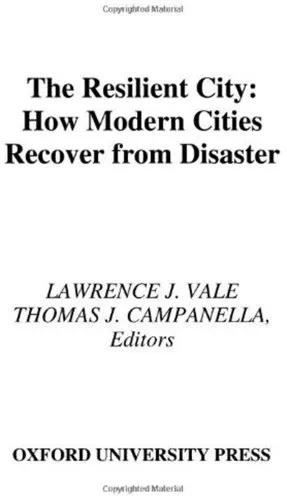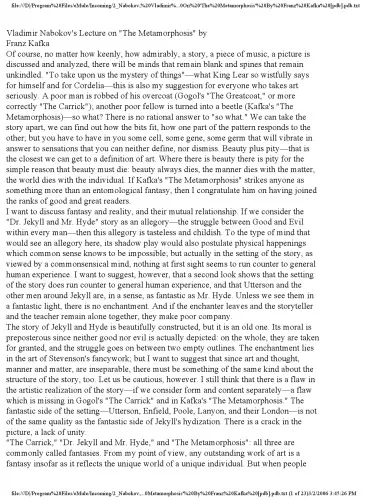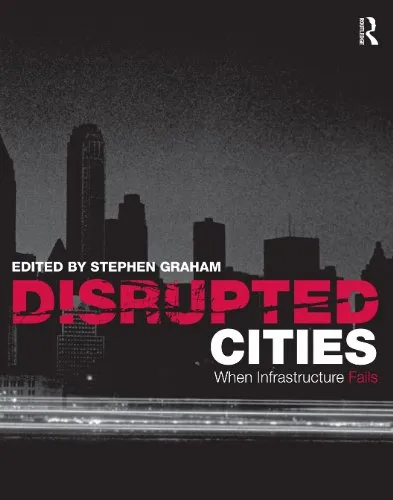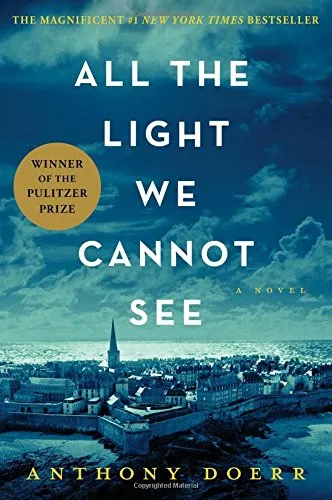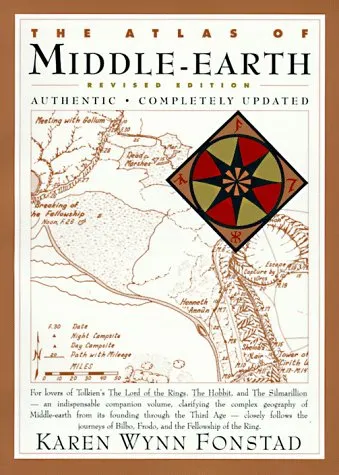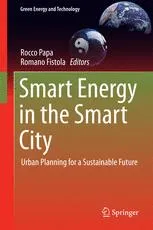The Resilient City: How Modern Cities Recover from Disaster
4.5
بر اساس نظر کاربران

شما میتونید سوالاتتون در باره کتاب رو از هوش مصنوعیش بعد از ورود بپرسید
هر دانلود یا پرسش از هوش مصنوعی 2 امتیاز لازم دارد، برای بدست آوردن امتیاز رایگان، به صفحه ی راهنمای امتیازات سر بزنید و یک سری کار ارزشمند انجام بدینRelated Refrences:
مقدمهای بر کتاب 'The Resilient City: How Modern Cities Recover from Disaster'
کتاب 'The Resilient City: How Modern Cities Recover from Disaster' اثر 'Lawrence J. Vale' و 'Thomas J. Campanella' یک تحلیل علمی و جامع از چگونگی بازسازی و بهبود شهرهای مدرن پس از بروز فاجعهها ارائه میدهد. این کتاب تلاش میکند تا به سوالاتی پیرامون فرایندهای بازسازی شهری، تغییرات اجتماعی، و تابآوری جوامع بپردازد.
خلاصهای از کتاب
این کتاب با بررسی تاریخچهای از فاجعهها و نحوهی بازسازی شهرها پس از آنها آغاز میشود. نویسندگان به بررسی نمونههای تاریخی و معاصر از شهرهایی مانند لندن پس از آتشسوزی بزرگ، برلین پس از جنگ جهانی دوم، و نیویورک پس از حملات یازده سپتامبر میپردازند. از طریق این مطالعات موردی، کتاب توضیح میدهد که چگونه عناصر مختلف معماری، طراحی شهری، سیاستگذاری عمومی، و جامعه مدنی در فرایند بازسازی نقش ایفا میکنند.
نکات کلیدی
- تأکید بر اهمیت طراحیهای انعطافپذیر و سازگار در معماری و شهرسازی.
- نقش کلیدی مشارکت جامعه محلی و سیاستهای عمومی در فرآیند بازسازی.
- ارزیابی نحوه اثرگذاری اقتصاد و سیاست بر فرایند بازسازی شهری.
- توجه به جنبههای فرهنگی و اجتماعی در بازیابی کامل جوامع.
جملات معروف از کتاب
«قدرت واقعی یک شهر نه از معماری باشکوه آن بلکه از توانایی آن برای تغییر و تجدید است.»
«بازسازی موفق هنگامی اتفاق میافتد که شهر و ساکنانش قادر به تطبیق با واقعیتهای جدید و استفاده از فرصتهای نوظهور باشند.»
چرا این کتاب مهم است؟
این کتاب یک منبع ضروری برای شهرسازان، معماران، سیاستگذاران و هرکسی است که به بازسازی شهری و توسعه پایدار علاقهمند است. با ارائه درک عمیقتر از اینکه چگونه شهرها و جوامع میتوانند در مواجهه با بحرانها توسعه یابند و بهبود یابند، این کتاب به بررسی اصول اساسی مقاومت و تابآوری پرداخته و راهکارهایی برای آیندهای پایدارتر پیشنهاد میکند.
Introduction to 'The Resilient City: How Modern Cities Recover from Disaster'
'The Resilient City: How Modern Cities Recover from Disaster' is an insightful exploration into the ways cities around the world have rebounded from catastrophic events. Authored by Lawrence J. Vale and Thomas J. Campanella, this book intricately examines the resilience strategies and urban renewal efforts following disasters that have shaped urban landscapes globally. A comprehensive blend of historical analysis and contemporary case studies, this work offers valuable lessons on urban recovery in the face of adversity.
Detailed Summary
The book is structured to delve deeply into how cities not only endure disasters but learn to thrive following them. It begins with a historical perspective, chronicling the resilience of cities in face of natural calamities, wars, and financial upheavals. Using a combination of vivid narratives and critical analysis, Vale and Campanella reveal patterns and strategies that have characterized urban recovery over centuries.
Key chapters cover different geographic regions, discussing unique challenges and solutions that arose. For instance, the reconstruction of New York City after 9/11 and the recovery of New Orleans post-Hurricane Katrina provide quintessential examples of how contemporary cities apply timeless resilience principles. The authors underscore the political, social, and economic dynamics that influence rebuild strategies and emphasize the importance of community agency in recovery processes.
Key Takeaways
- Cities have historically shown an incredible ability to rebound from disasters, often emerging stronger and more adaptive.
- Urban resilience involves not only rebuilding physical infrastructures but also revitalizing social and economic structures.
- Community participation plays a critical role in successful disaster recovery, as it fosters a sense of ownership and strengthens social bonds.
- Policy frameworks and leadership approaches significantly impact the effectiveness and speed of recovery efforts.
- Interdisciplinary strategies that involve architects, urban planners, sociologists, and policymakers are vital for comprehensive recovery.
Famous Quotes from the Book
“Recovery is not just about rebuilding structures but revitalizing the hope and spirit of the people.”
“In the wake of disaster, the strength of a city is measured not by its defenses, but by its capacity to adapt.”
Why This Book Matters
'The Resilient City' is not just a scholarly work but a vital resource for understanding the broader implications of urban resilience. It matters because it equips urban planners, policymakers, architects, and communities with strategic insights into disaster recovery. In an era of increasing environmental uncertainties and socio-political challenges, this book provides a foundational understanding of how cities can harness resilience to ensure sustainable development. Its interdisciplinary approach and the blend of historical narratives with modern examples make it a crucial read for anyone interested in the future of urban living. The book's relevance is further accentuated by its emphasis on the human dimension of recovery, showcasing not just how cities rebuild, but how they fundamentally redefine themselves post-disaster.
دانلود رایگان مستقیم
شما میتونید سوالاتتون در باره کتاب رو از هوش مصنوعیش بعد از ورود بپرسید
دسترسی به کتابها از طریق پلتفرمهای قانونی و کتابخانههای عمومی نه تنها از حقوق نویسندگان و ناشران حمایت میکند، بلکه به پایداری فرهنگ کتابخوانی نیز کمک میرساند. پیش از دانلود، لحظهای به بررسی این گزینهها فکر کنید.
این کتاب رو در پلتفرم های دیگه ببینید
WorldCat به شما کمک میکنه تا کتاب ها رو در کتابخانه های سراسر دنیا پیدا کنید
امتیازها، نظرات تخصصی و صحبت ها درباره کتاب را در Goodreads ببینید
کتابهای کمیاب یا دست دوم را در AbeBooks پیدا کنید و بخرید
1607
بازدید4.5
امتیاز0
نظر98%
رضایتنظرات:
4.5
بر اساس 0 نظر کاربران
Questions & Answers
Ask questions about this book or help others by answering
No questions yet. Be the first to ask!
